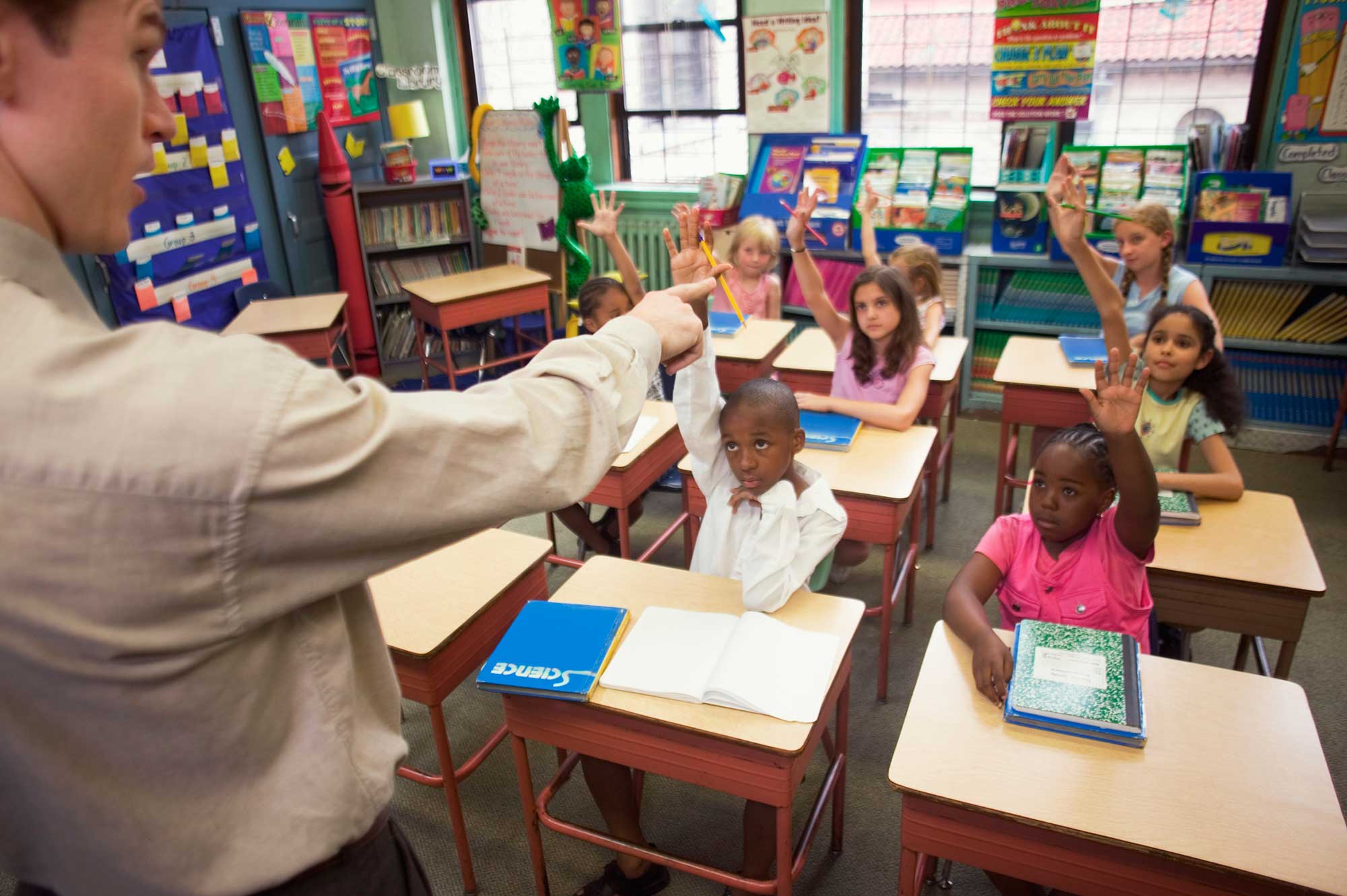Survey: Educators, Parents Agree Soft Skills, Academics Equally Important

Tools and ideas to transform education. Sign up below.
You are now subscribed
Your newsletter sign-up was successful
Parents, teachers, and school administrators are in agreement about the importance of measuring students’ soft skills like critical thinking, problem solving, and teamwork, according to a new report commissioned by NWEA, provider of K-12 education assessment, and conducted by Gallup.
[Where to Find & Curate OER Resources]
The report, “Assessing Soft Skills: Are We Preparing Students for Successful Futures?” includes findings from more than 4,000 parents, teachers, principals, and superintendents.
Key findings of the survey are below. The full report is available at https://www.nwea.org/resources/gallup-report-assessing-soft-skills-are-we-preparing-students-for-successful-futures/.
The Importance of Developing and Assessing Nonacademic Skills (Section 1)
- Over eight in 10 teachers (83%), parents (82%), superintendents (82%), and principals (83%) say it is equally important to assess both academic skills and nonacademic skills such as teamwork, critical thinking, and creativity
- Only about one in 10 teachers say that the formal and informal assessments used by their school to gauge nonacademic skills measure them “very well”
- When asked to describe what type of nonacademic skills schools should teach, interview respondents replied with a wide variety of life skills ranging from character development attributes to interpersonal soft skills to functional life skills (Appendix A)
- Although a majority of stakeholders believe it is very important for schools to measure nonacademic skills, many interview respondents said that those skills should be developed at home
Parents Perspectives on Schools, Assessments, and Students’ Future Success
- More than 60% of parents agree (27%) or strongly agree (34%) that their child is learning the necessary skills in school that will make their child successful in the future
- More than 60% of parents agree (27%) or strongly agree (34%) that their child is learning the necessary skills in school that will make their child successful in the future
- Only one in five parents (20%) say that assessments their child takes in school measure “very well” whether their child will be successful in college
- When asked to compare the quality of their K-12 education with their child’s education, over half of parents (52%) say the education their child is receiving is better than the education they received; just 22% said quality was worse
Time Spent Taking and Communicating About Assessments
Tools and ideas to transform education. Sign up below.
- While a majority of teachers and administrators say that too much time is spent on assessments, a majority of parents (59%) say students spend just the right amount of time or too little time taking assessments (Section 3)
- Most (52%) teachers say that just the right amount of time is spent communicating assessment results to parents while a plurality of parents (46%) say that teachers spend too little time communicating results to parents (Section 4)
